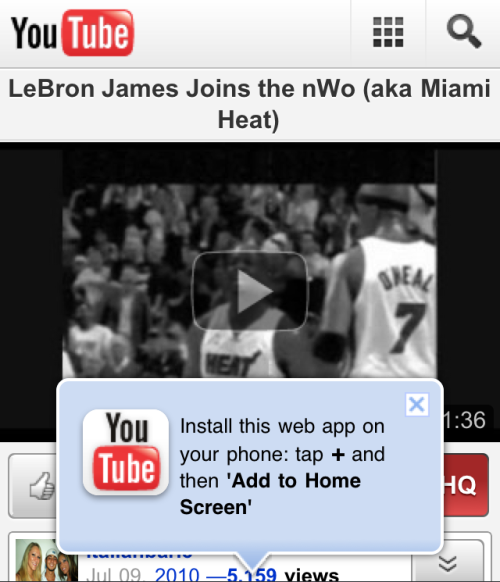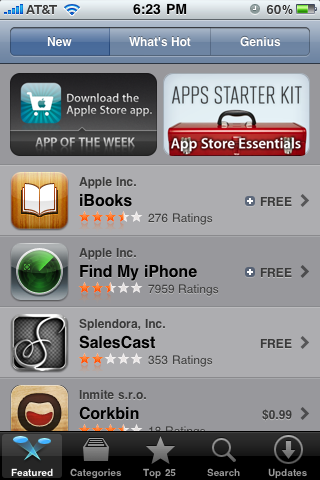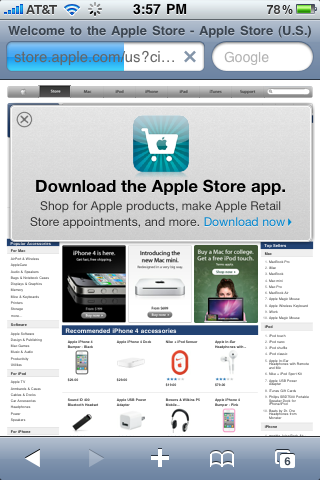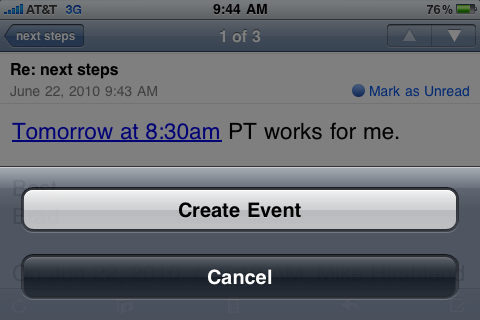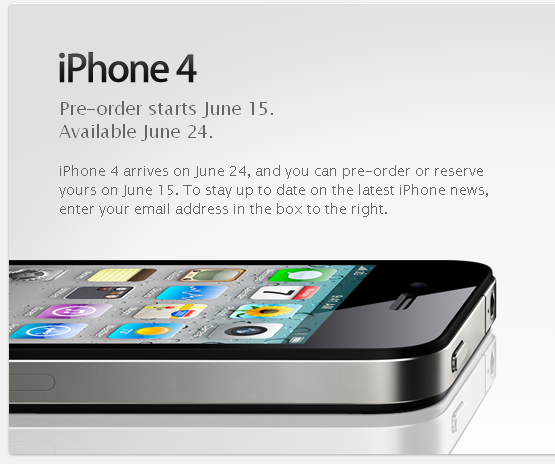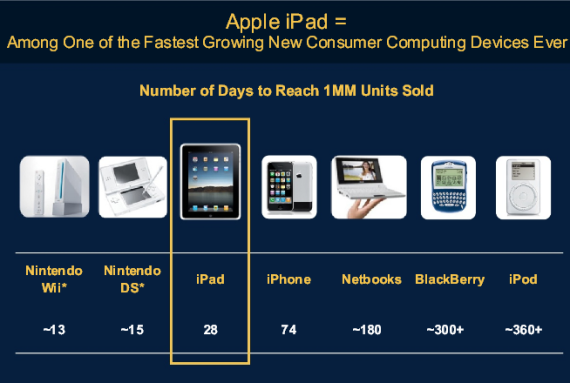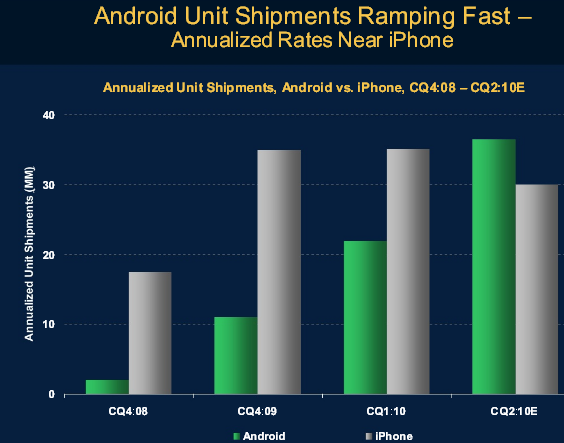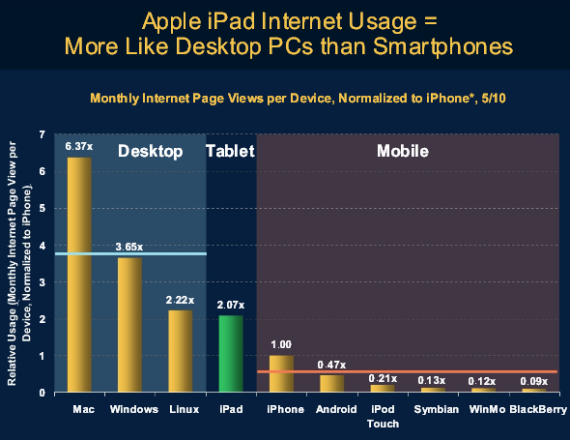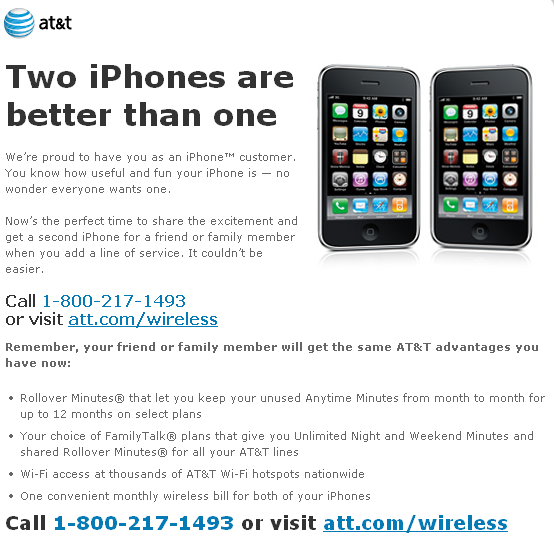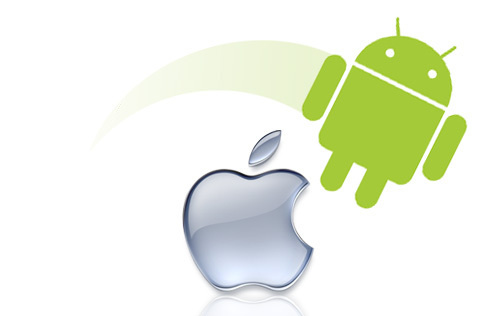... So when does iOS 4 arrive for the iPad?... And why is the gap between releases (iPhone vs iPad) so significant?
I ask because, even as an active iPad fanboy, it really bugs me. First and foremost, I generally do not like using two related devices (my iPhone and iPad) on more-distantly related operating systems. It is tough to explain why it is annoying - particularly when they shared the same OS up until just a few weeks ago.... But for a company so dedicated to user experience and fluidity, it is strange to ask users to navigate between different experiences. And that takes me to point two: iOS 4 is so markedly better than its predecessor that it really is difficult to return to the old form.... even on a device I passionately enjoy. I use the iPad almost entirely as a productivity device: email, web, documents, content, etc. And that really is where iOS4 shines: email is dramatically better and background applications make everything more efficient/productive.
Ultimately it is difficult to complain because both devices are great and I am spoiled by the new operating system... Which will make its way to the iPad eventually.


